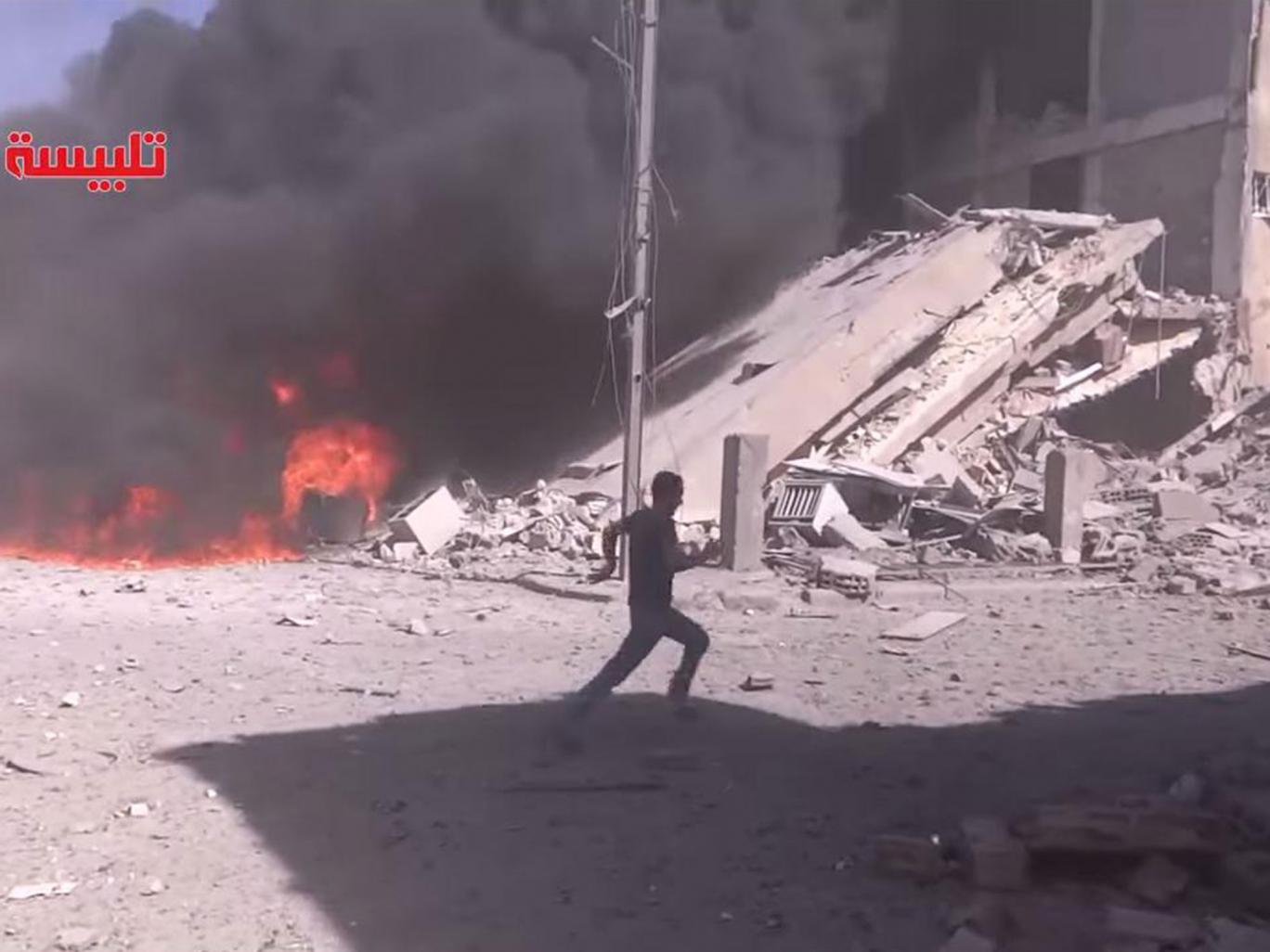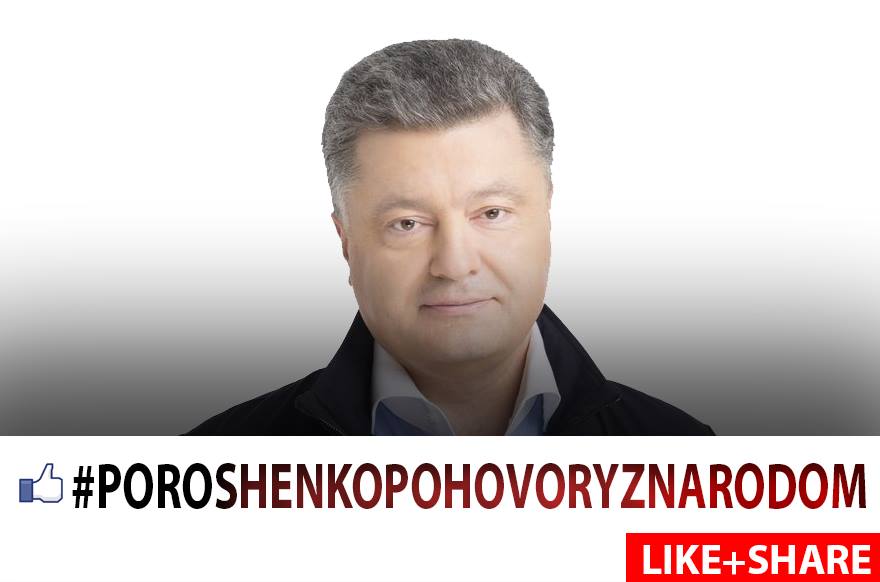Russian journalist and opposition leader Vladimir Kara-Murza remains in critical condition after having fallen ill as a result of what is feared to be poisoning. Having fallen ill in his Moscow office with what first appeared to be heart problems, he was hospitalized in a Moscow hospital. Doctors at the hospital claim it looks likea case of “double pneumonia” or “pancreatitis”, however there are sufficient indicators to believe that Kara-Murza was poisoned with an unknown toxic substance. Attempts to have blood samples taken out of the country for analysis were first blocked by the hospital, and later claimed to have been unsuccessful “for technical reasons”.
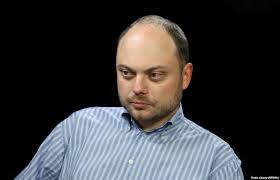
Kara-Murza, born in 1981 in a well-known Moscow family of intellectuals, graduated in history at Cambridge University and in 2012 became a senior policy advisor to the Institute of Modern Russia, an organization in the United States established by the son of Russian oligarch and then still political prisoner Mikhail Khodorkovsky. After returning toMoscow, he represented the organization “Open Russia” established by Khodorkovsky after his release. Kara-Murza was hospitalized in serious condition during the morning of May 27, after his blood pressure unexpectedly went up to dangerous levels. In hospital his condition continued to worsen and after kidney failure he was put on artificial dialysis and respiration. Since he has been kept in artificial coma to avoid brain damage.
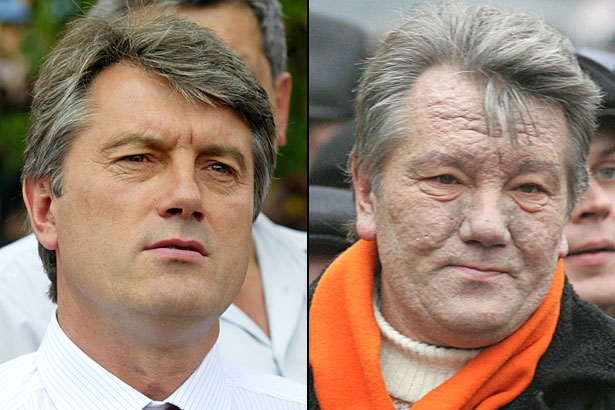
The case of Kaza Murza does not stand alone, and there is sufficient reason to believe there is foul play in this case. Over the past decade more opponents of the Putin regime became unexpectedly and unexplainably ill and either miraculously survived or died as a result of poisoning. Almost forgotten is the case of then opposition leader Viktor Yushchenko, who was poisoned in 2004 with dioxin during the Ukrainian election campaign for Presidency against Putin’s choice Viktor Yanukovych. He miraculously survived, yet not unscathed.
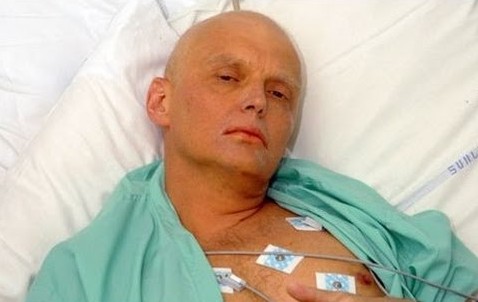
The most well known case is that of former KGB-officer Aleksandr Litvinenko, who died in 2006 in London as a result of poisoning with a radioactive substance. Litvinenko had been an outspoken critic of Vladimir Putin, accusing him not only of corruption on a grand scale, but also of having orchestrated the bombings of Moscow apartment buildings in which hundreds of people died, only to have a pretext to start the second Chechen War.
The inquest in Litvinenko’s death started in July 2014, with the first series of public hearings haven taken place this spring and to be resumed in July this year, but already now there is overwhelming evidence Litvinenko was killed with Polonium-210 put in his tea during a meeting with two Moscow agents, one of whom is now a member of the State Duma.
The case of Yuri Shchekochikhin
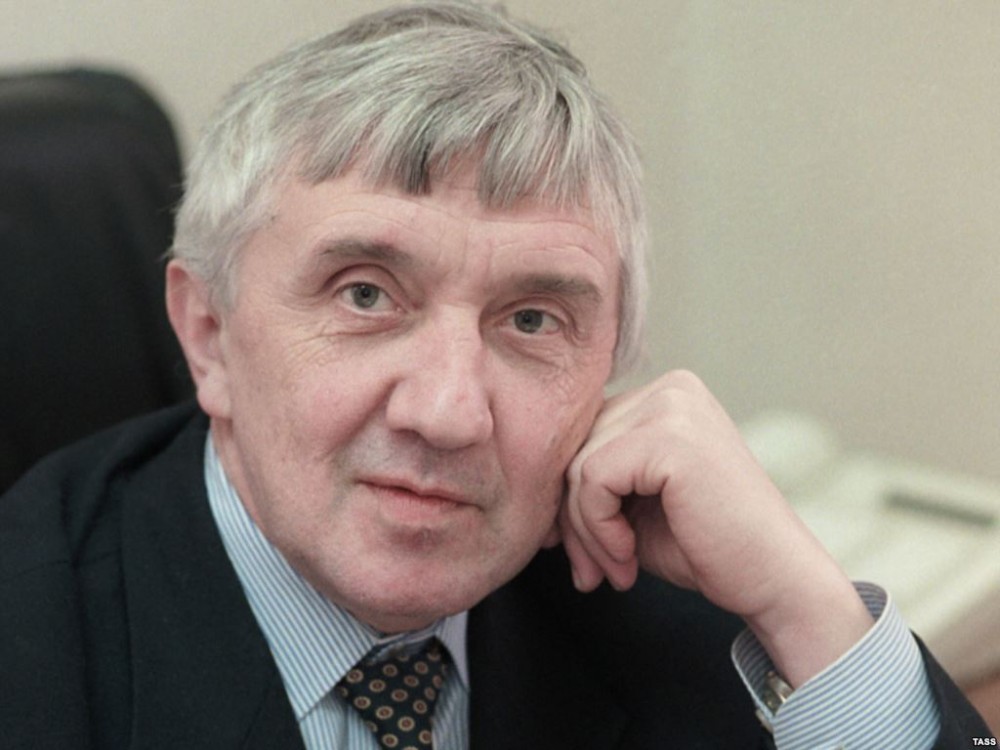
Three years earlier, in 2003, one of the founders of the independent newspaper Novaya Gazeta” and member of the State Duma, Yuri Shchekochikhin, died 12 days after being hospitalized in a Moscow clinic. Shchekochikhin worked for Novaya Gazeta since 1996 as deputy-editor, covering dangerous assignments such as the Chechen conflict, high-powered corruption, arms trade, and organized crime. During the years leading up to his death he published a series of detailed reports on corruption case that involved a Moscow furniture store known as Tri Kita (Three Whales). While the Tri Kita case initially seemed like a regular business fraud case, it involved high-ranking FSB officials who were found to have used the furniture business to launder hundreds of millions of dollars through the Bank of New York in the late 1990s. In February 2002 Shchekochikhin revealed evidence that the Prosecutor General’s Office had received two million US dollars in bribes in order to stop the TriKita corruption investigation.
In April 2002 Shchekochikhin wrote President Vladimir Putin to request he take the case under his personal control. President Putin responded positively, but as of June 2003 the case had gone nowhere. On June 2, 2003, Shchekochikhin published another detailed article on the Tri Kita affair-his last one. Two weeks later, while on a business trip in the city of Ryazan, Shchekochikhin suddenly felt sick with flu-like symptoms. He returned to Moscow that day with a fever, sore throat, body aches, and a burning sensation all over his skin. Shchekochikhin’s health rapidly deteriorated in the next few days and he was hospitalized on June 21. In the next 12 days, the journalist’s organs failed one by one-his skin literally peeled off his body; he lost all of his hair; his lungs, liver, kidneys, and, finally, his brain stopped functioning.
The allergen that caused the reaction was never identified. Shchekochikhin’s clinical test results were classified as “medical secret.” All attempts to investigate his murder and, specifically, how he might have been poisoned – asseemed likely – were frustrated. In particular, the samples and medical documentation mysteriously disappeared and were unavailable for examination and analysis by a prominent UK specialist.
Failed poison attempt leads to assassination

Earlier, in 2004, the Moscow journalist Anna Politkovskaya was poisoned on a flight to Rostov on Don, when she was trying to get to Beslan after the hijacking of a school by Chechen terrorists that left more than 300 hostages including almost 200 schoolchildren dead. Politkovskaya was investigating allegations that not only the storming of the school had been seriously flawed, but also that the FSB might have been involved in the whole affair as a pretext for a further clampdown on the Chechnyan insurgence against Moscow’s rule.
Politkovskaya, a special correspondent for the same newspaper “Novaya Gazeta”, was well known for her investigative reports on human rights abuses by the Russian military in Chechnya. In seven years covering the second Chechen war, Politkovskaya’s reporting repeatedly drew the wrath of Russian authorities and of Russian President Vladimir Putin personally. During her reporting in Chechnya she was repeatedly detained and threatened, yet that did not deter her from continuing her investigative work.
After drinking tea on her flight to Rostov Politkovskaya became seriously ill and was hospitalized–but the toxin was never identified because the medical staff was instructed to destroy her blood tests. However, the fact that she was immediately taken to the American Medical Center probably saved her life, albeit not for long: in 2006 she was assassinated in the doorway of her Moscow apartment.
Are there more?
With more and more oppositionists suddenly falling ill with unexplainable symptoms, people concerned have started to dig into sudden deaths in the past, and have come to information that gives a very disturbing picture. For instance, during a recent inquest in the United Kingdom it was revealed that the Russian

businessman Alexander Perepilichny, who in 2012 collapsed and died outside the mansion he was renting on a luxury private estate near London, did not die of a heart failure. There was not conclusive evidence that in fact he had been poisoned, probably during a sudden and mysterious business trip to Paris shortly before his death. After his return he had felt very ill and went out jogging on the estate to recuperate, only to be found dead on the grounds later that day. Traces of “heartbreak grass”, a poisonous plant found only in China, were found in his stomach. Perepilichny appears to have been poisoned, and not for nothing. He had been given asylum in the UK after exposing Russian officials complicit in a tax scam involving some 200 million euro, in which high-up Russian officials were involved. He had been helping a Swiss investigation into this Russian money-laundering and also provided evidence against Russian officials linked to the 2009 death of anti corruption lawyer Sergei Magnitsky in a Moscow jail.
Among those opposing the Putin regime, either for political reasons of because of more “economic” ones, e.g. fraud, corruption and theft on a major scale, it is feared that this is not the end of it, and that more cases will appear – involving both people deceased in the past and people suddenly falling ill, like Vladimir Kara-Murza who is now fighting for his life in a Moscow hospital.






